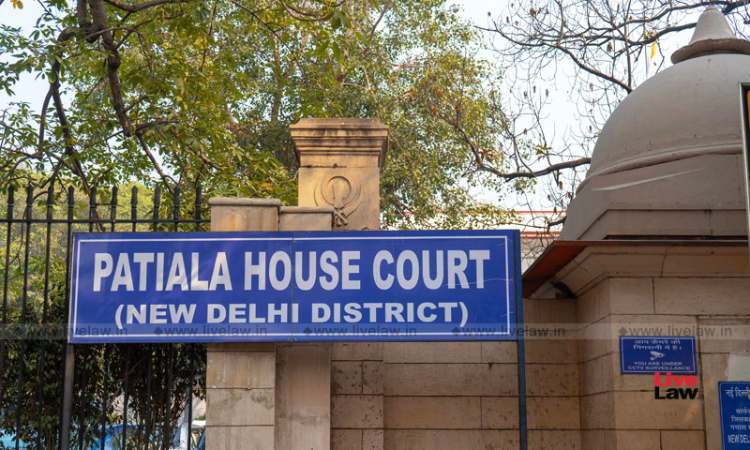- Home
- /
- News Updates
- /
- Delhi Court Upholds Right To...
Delhi Court Upholds Right To Privacy, Rejects Husband's Plea For Hotel CCTV Footage Over Allegations Of Wife's Affair
Nupur Thapliyal
23 May 2025 11:00 AM IST
A Delhi Court has rejected a plea filed by a husband, Major in the Indian Army, seeking CCTV footage of a hotel over the allegations that his wife was having an affair with a man, also a Major, and was with him there. Civil Judge Vaibhav Pratap Singh of Patiala House Courts upheld the right to privacy of the wife and her alleged lover, observing thus:“…. the right to privacy and to be...
A Delhi Court has rejected a plea filed by a husband, Major in the Indian Army, seeking CCTV footage of a hotel over the allegations that his wife was having an affair with a man, also a Major, and was with him there.
Civil Judge Vaibhav Pratap Singh of Patiala House Courts upheld the right to privacy of the wife and her alleged lover, observing thus:
“…. the right to privacy and to be left alone in a hotel would extend to the common areas as against a third party who was not present there and has no other legally justifiable entitlement to seek the data of the guest. Same would hold good for the booking details.”
The judge said that the concept of 'stealing' the affection of a wife by another man, as if a woman is not in control of whom she loves, is “dated” and has been rightly rejected by the Supreme Court Joseph Shine v. Union of India.
“The dated idea of a man stealing away the wife of another man, without ascribing any role or responsibility to the woman, is to be rejected. It takes agency away from women and dehumanises them,” the judge said.
Citing the novel "The End of the Affair" by Graham Greene, the Court said that even the Indian Parliament has given its imprimatur to the said jurisprudence when, while doing away with the colonial penal law, it enacted the The Bharatiya Nyaya Sanhita and did not retain therein the offence of adultery, showing that the “modern day Bharat has no place for gender- condescension and patriarchal notions.”
The Court dismissed the plaint of the husband seeking a mandatory injunction against hotel, seeking a direction to it to provide booking details and CCTV footage of the common areas. It was his case that the wife, with whom he was involved in a marital dispute and divorce, visited the hotel with her alleged paramour.
The judge observed that hotels generally owe a duty of confidentiality to their guests and are required to protect the privacy of their records, including booking details and CCTV footage.
The Court said that the wife and her alleged paramour were central to the husband's claims but they were not impleaded in the suit, which raised significant questions about their right to be heard before any disclosure was made.
“…it is highly questionable whether the hotel can be compelled to release this information without joining these individuals as necessary or at least proper parties to the suit,” it said.
Furthermore, the judge said that Courts are not meant to serve as investigative bodies for private disputes or as instruments for collection of evidence in internal proceedings, especially when no clear legal entitlement to that evidence exists.
The Court noted that the Army Act, 1950 and the extant Rules provide specific procedures for handling complaints and presenting evidence, and the husband must take the remedies to call witnesses. The Court cannot, therefore, be used to bypass or supplement these internal mechanism, it added.



